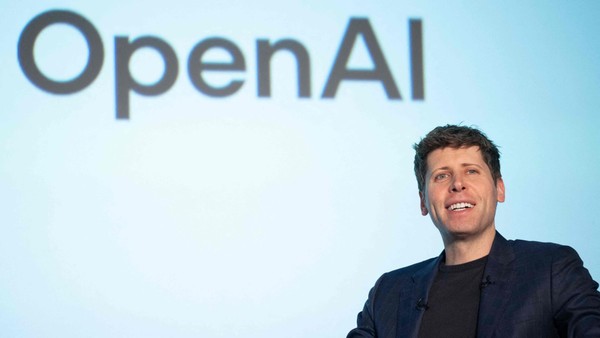
Introduction
OpenAI, the artificial intelligence research organisation founded in December 2015, has garnered significant attention worldwide due to its innovative advancements in AI technology. As a pioneer in developing sophisticated AI models, OpenAI’s work is crucial in shaping the future of AI, raising questions about ethics, capabilities, and the broader implications for society. With remarkable tools, including the renowned GPT-3 language model, OpenAI has captured the imagination of technologists and businesses alike.
Recent Developments
In recent months, OpenAI has released a series of updates and new iterations of its models that continue to push the boundaries of what artificial intelligence can achieve. Their latest model, GPT-4, demonstrates significantly improved reasoning and understanding capabilities over its predecessor. As of October 2023, GPT-4 has been deployed across various applications, revolutionising industries from customer service to content creation.
Furthermore, OpenAI has made strides in integrating safety measures and guidelines to ensure that AI technology is used responsibly. The detailed usage policies have been rolled out to prevent potential misuse of AI, with a commitment to ethical principles that include transparency, security, and fairness. This has led to collaborative efforts with government bodies and institutions to establish frameworks for the responsible deployment of AI.
The Societal Impact
The influence of OpenAI extends beyond technological advancements; it fosters wide-ranging discussions regarding the impact of AI on employment, privacy, and accountability. As AI systems become more embedded in everyday life, industries are compelled to adapt to new ways of working. While AI has the potential to enhance productivity and efficiency, there is an increasing concern about job displacement in certain sectors.
On the ethical front, OpenAI’s projects spark critical debates over data usage, algorithmic bias, and the importance of inclusive AI development. OpenAI is dedicated to a mission that prioritises human welfare while considering the potential risks associated with AI advancements. Their initiatives aim to inform public discourse and encourage stakeholder participation in shaping AI legislation.
Conclusion
As we look ahead, OpenAI’s continuous contributions to AI development underscore both the potential rewards and challenges involved. The strides taken in research and development signal a transformative shift that could impact diverse aspects of life and work. OpenAI’s commitment to ethical practices and safety in AI deployment will be paramount in balancing innovation with societal responsibility. For readers and businesses alike, understanding these dynamics will be crucial as we navigate the future landscape of artificial intelligence.
You may also like

The Evolution and Impact of Apple iPhones

The Rise of Edge Computing in Modern Technology
